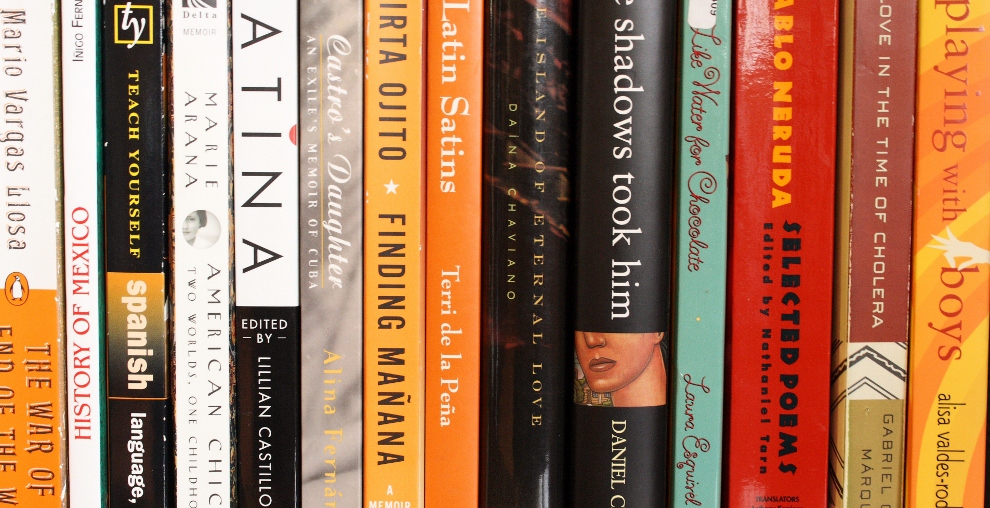Tag: Puerto Rico

17
Oct 2011
The Turkish Lover
posted in: Authors, books, Esmeralda Santiago, Puerto Rico, UncategorizedEsmeralda Santiago’s book The Turkish Lover is about, well, her Turkish lover. If by lover you mean a narcissistic, pathologically lying, philandering, and controlling abuser.
The book starts out with Santiago’s move from Puerto Rico to the U.S. Her mother is scraping by, working as a seamstress, while Santiago begins to navigate the dichotomy between U.S. and Puerto Rican cultures. One scene from the book could have been pulled from my own life, when Santiago’s mother tells her:
“This is why you have to learn English, graduate from high school, and find work in offices, not factories,” she said in a voice unsteady with controlled anger. “So many humiliations, all because I didn’t get an education.”
So of course what Santiago does is exactly the opposite of what is expected from una “nena puertoriqueña decente” – getting a job, moving out, dating, moving to Florida with Ulvi, the list goes on. The mind control begins subtly in New York, when Ulvi criticizes her clothes and mannerisms, expecting her to change them, and then progressively get worse. The split that arises between her and her family and her culture is painful to read about. Santiago writes:
“I never called home because I knew Mami didn’t approve of my life with Ulvi and I didn’t want to hear the reproach in her voice. Except for me, no one in my family was mucho f a correspondent. Mami didn’t have the time to answer letters, and I didn’t know what to say if I were to write one. . . . months went by and I neither spoke to nor heard from anyone in Brooklyn. Bad news, I knew, would find me. Good news would accumulate until the next time we saw each other.”
This book was well-written, but hard to read. It wasn’t the writing but that I was so frustrated with the author – I kept thinking, “No, don’t go back to him! Oh my God, after what happened you’re going back? Why? Why? Why?” But it can’t be as hard as what she went through, slowly extricating herself from Ulvi’s grasp.
Luckily, Santiago was able to slowly break out of the relationship with this Ulvi character and graduate from Harvard. Spoiler alert: I can’t help but share some last lines of the book, which leave you wanting more:
“I was returning to my family free of a man who disdained my people and me. I was returning having exceeded even the most optimistic expectations for a poor girl from a huge family raised by a single mother under the most challenging conditions in a hostil culture and environment. . . . I was so proud of myself, I strutted toward the Departures gates. I had forgotten the Puerto Rican saying that Tata had muttered in our direction whenever we boasted about something we had done: Alábate pollo, que mañana le guisan. Boast now, chicken, tomorrow you’ll be stew.”
Not everybody is able to get themselves out of relationships that are physical or emotionally abusive. If you know someone who is abused, one place you can go for help is the National Domestic Violence Hotline at 1-800-799-SAFE.
no comments























